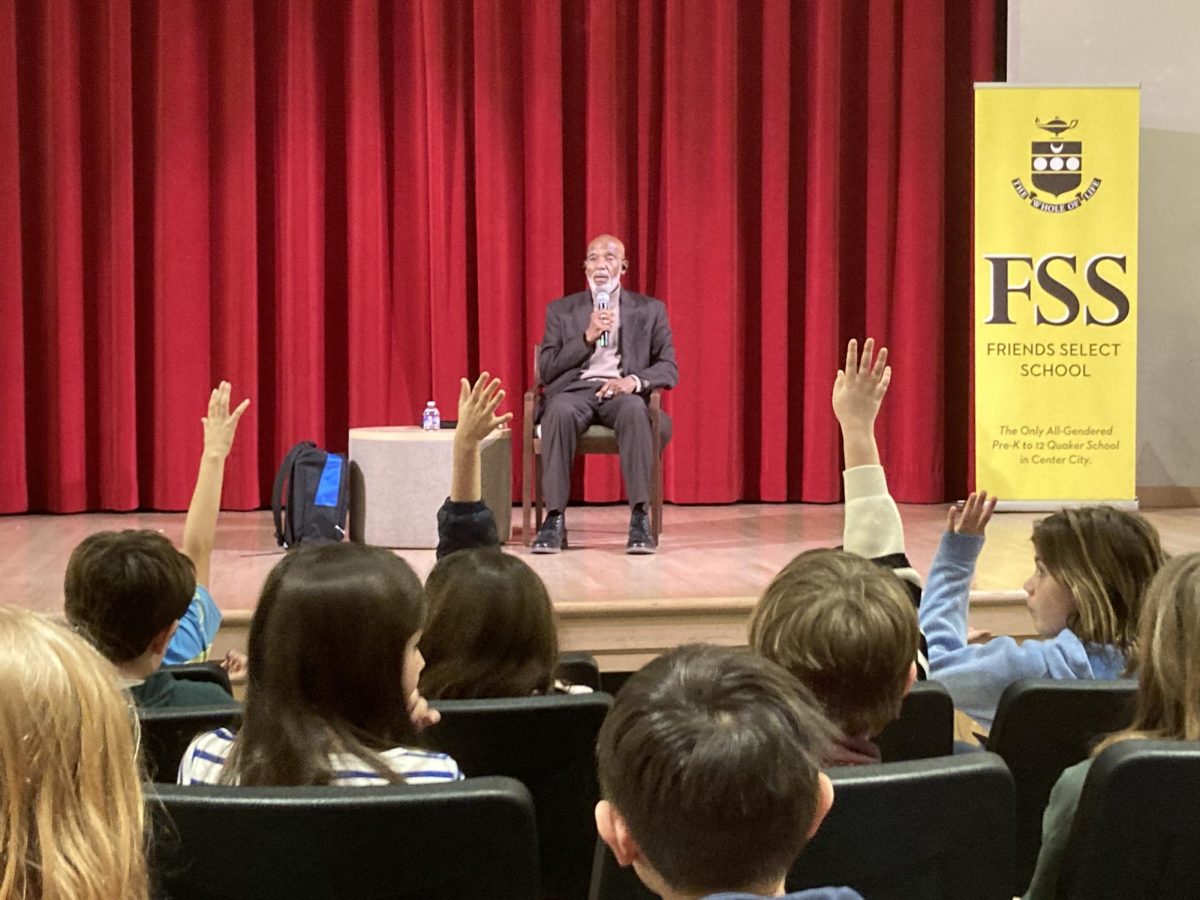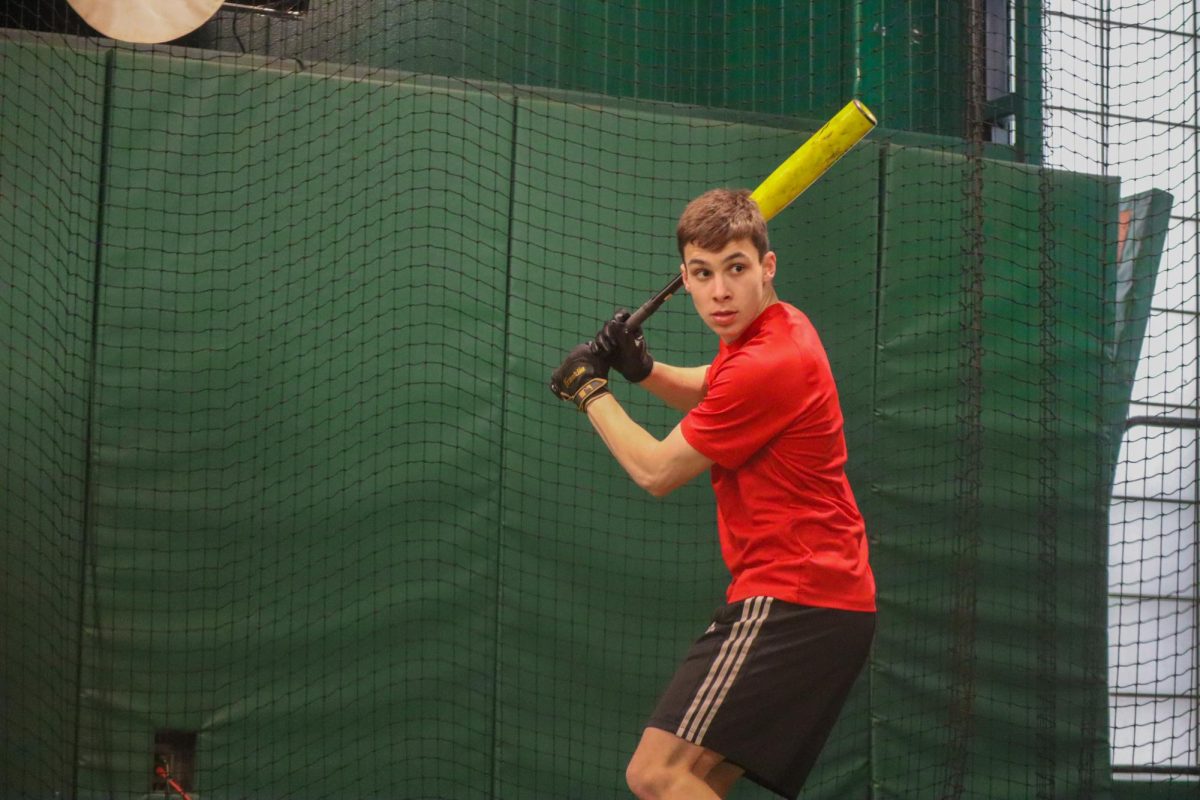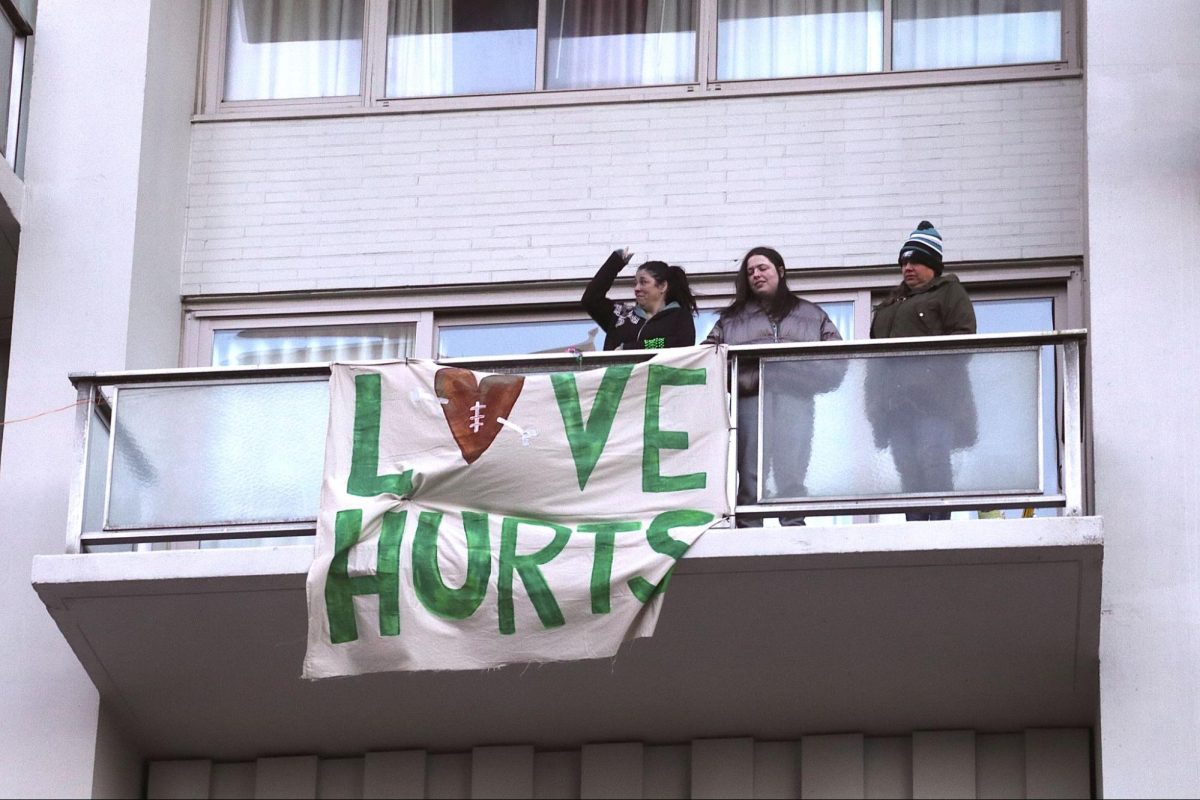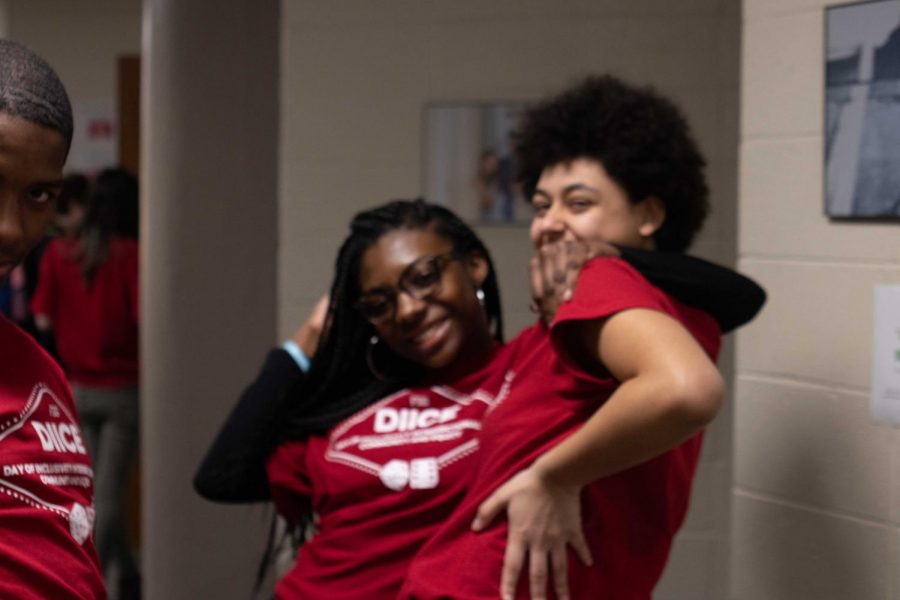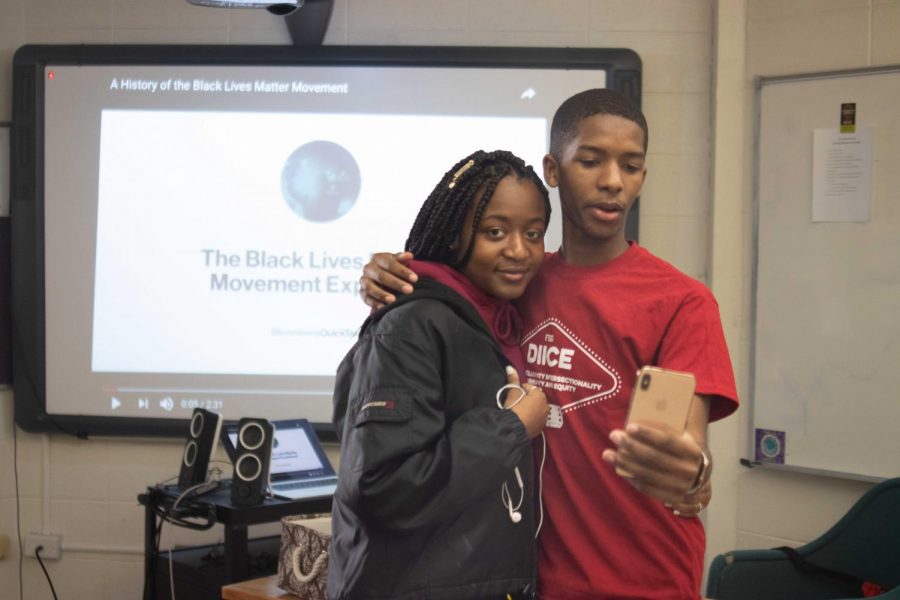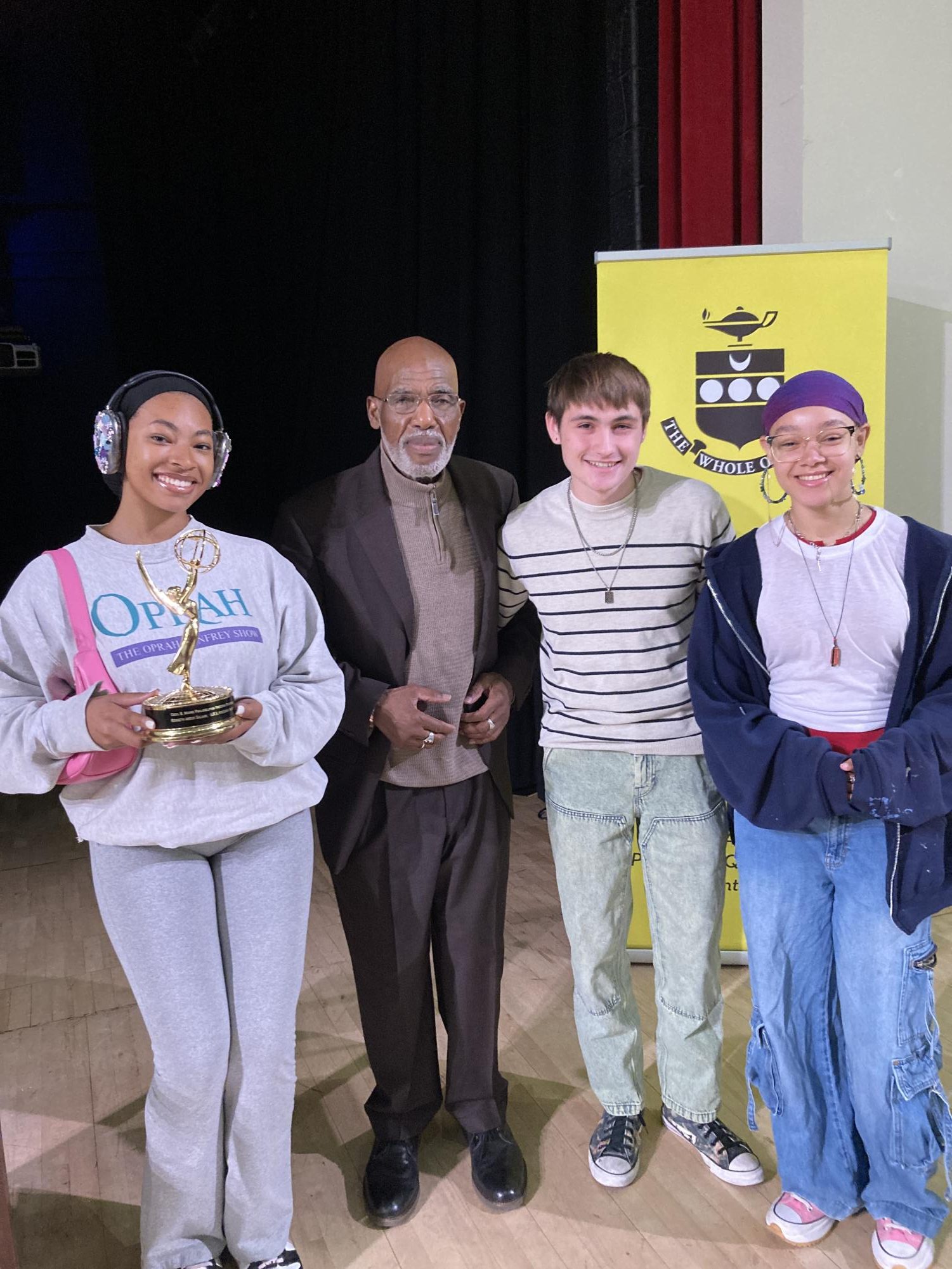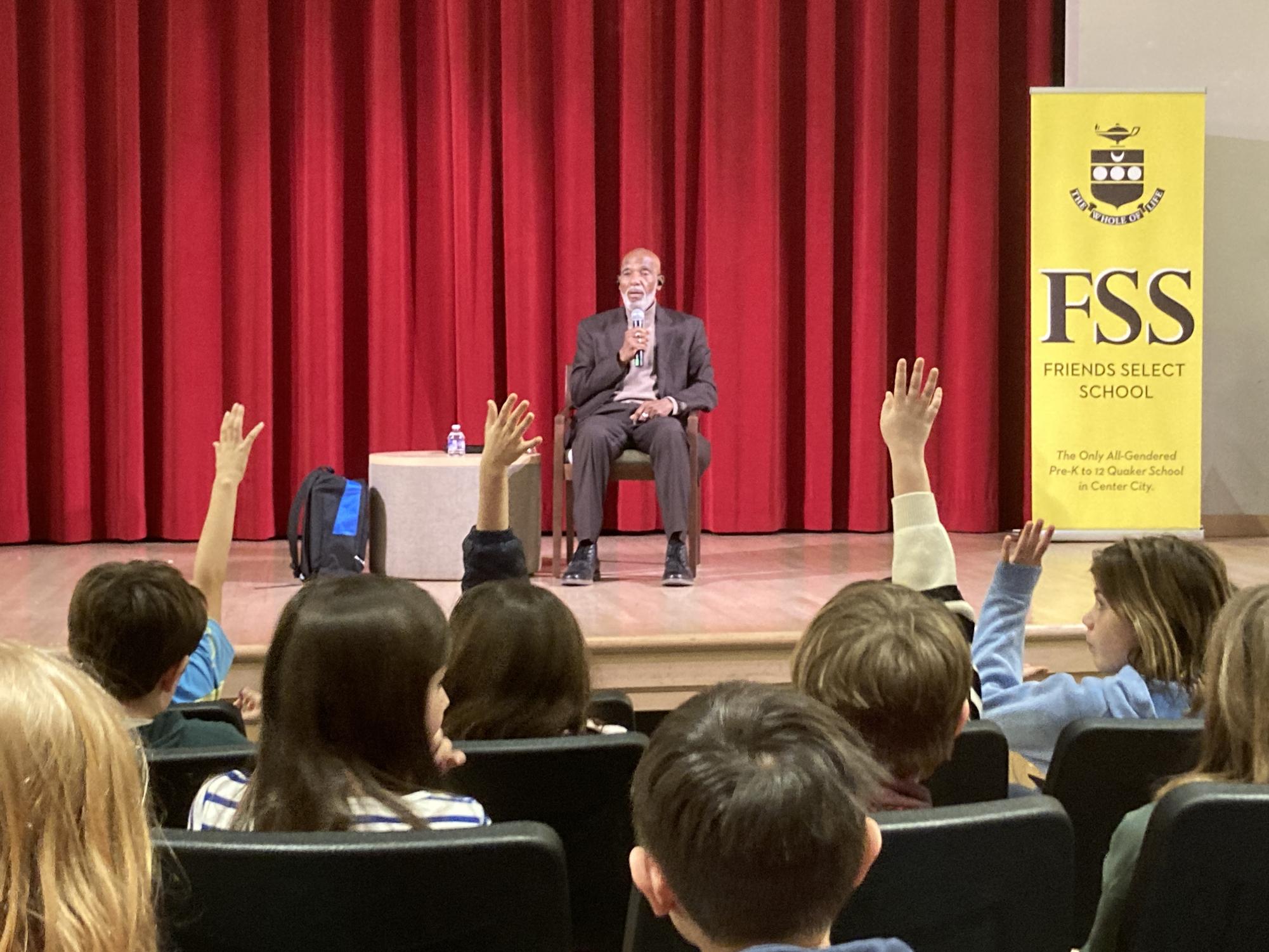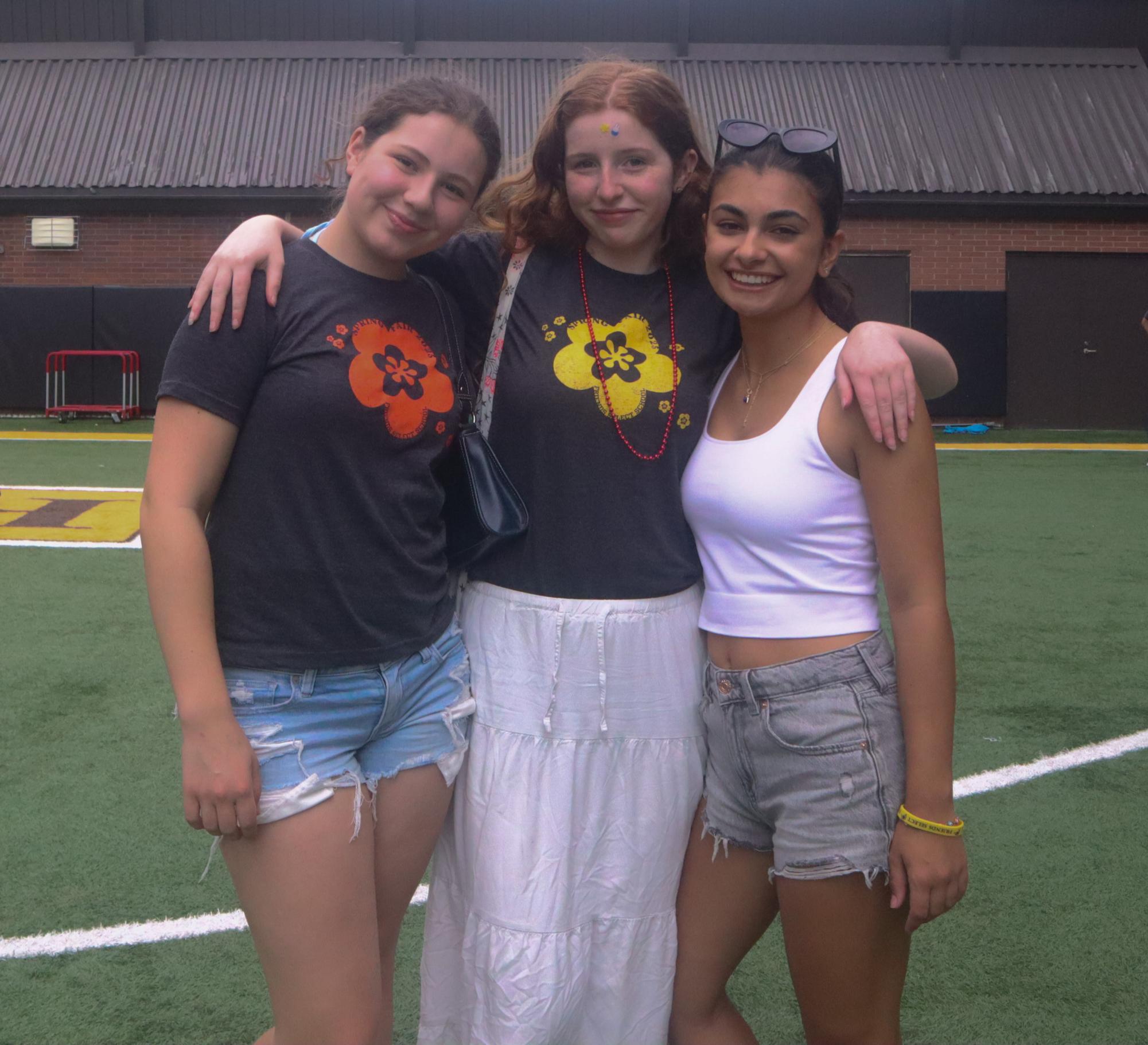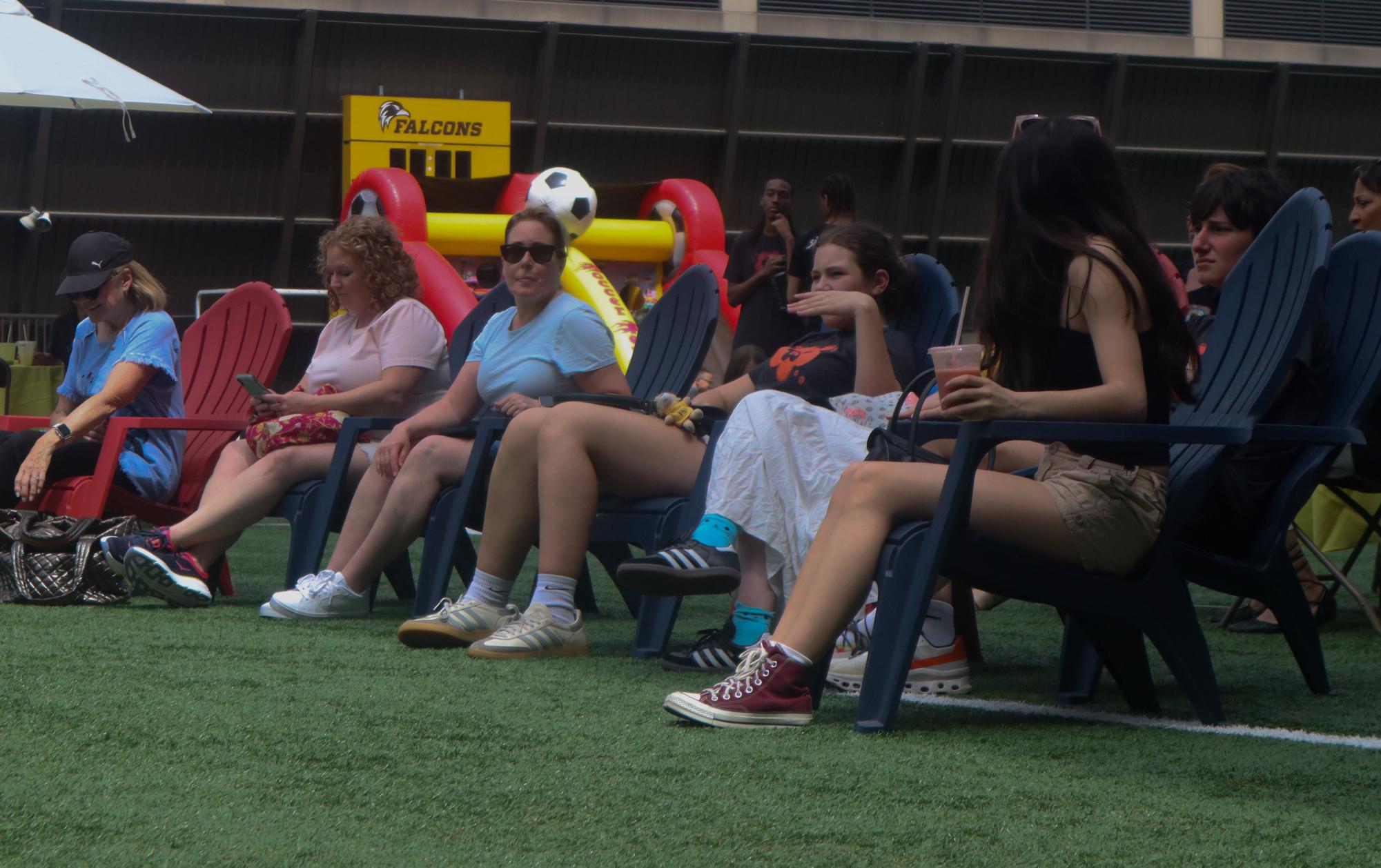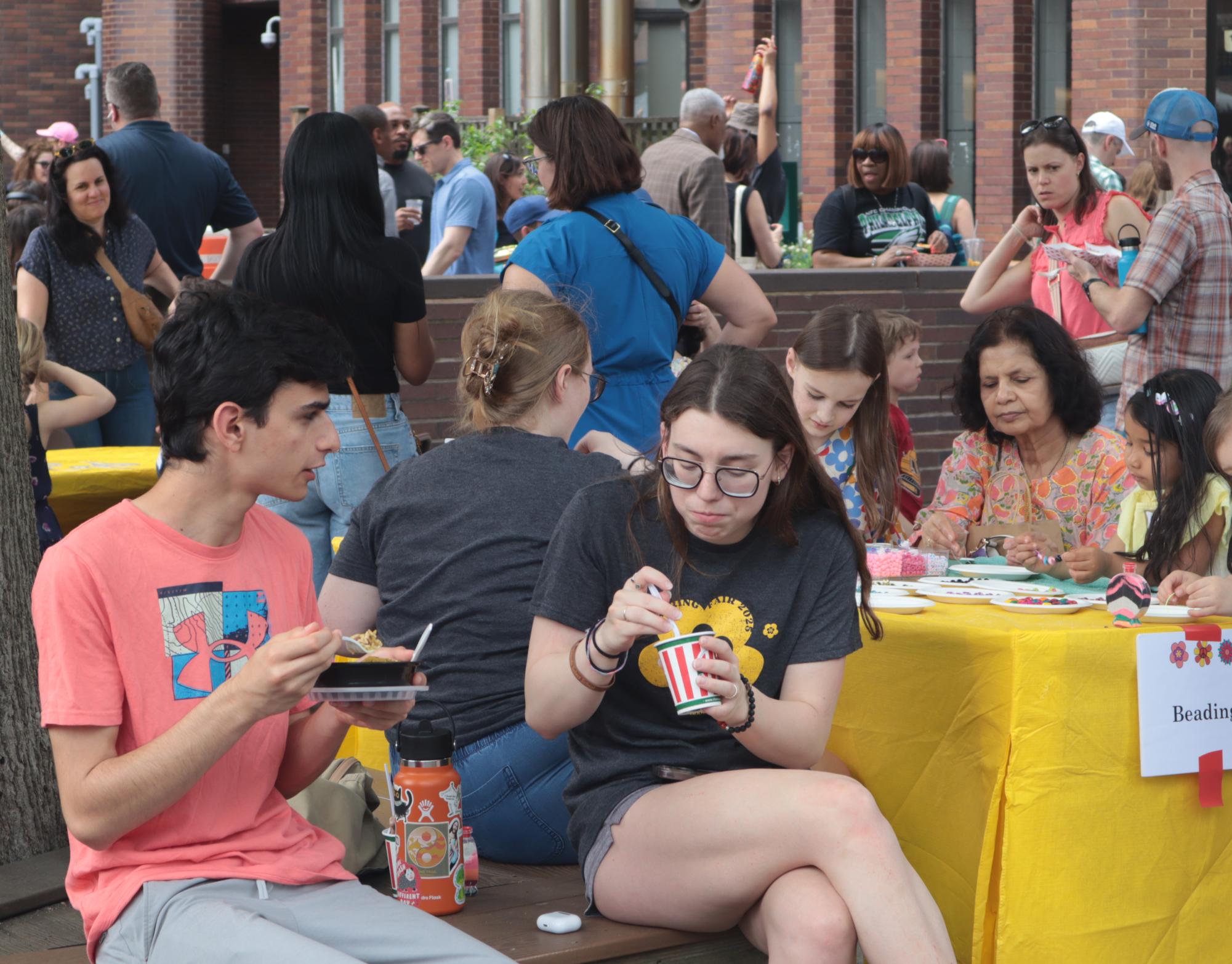DIICE Day at Friends Select School 2019
May 22, 2019
DIICE Day at Friends Select School 2019
On March 14th 2019, students and faculty from Friends Select Upper School ran a day-long program–the Day of Inclusivity, Intersectionality, Community, and Equity (DIICE)– to talk about issues related to diversity in our school and society. DIICE was organized by the DIICE Committee under the supervision of Toni Grave Williams, the Director of Equity and Inclusion.
The DIICE Committee, which helped plan the activities of the workshop, consisted of members of the diversity clerks group. The diversity clerks are a group of students who have done a lot of work to improve diversity and inclusiveness of the school. According to Toni, the diversity clerks devoted a lot of their time and efforts into the organization and planning of the DIICE day.
“They met every week and did a lot of work, spending a lot of time after school,” said Toni.
According to Toni and students from the DIICE Committee, one of the most important goals for the committee this year was to change the theme of the day from mainly focusing on diversity to include other aspects of the values of the community. This is reflected in naming the day DIICE compared to the previous name, which was Diversity Day. Specifically, DIICE included topics about inclusivity, equity, and intersectionality, and communities.
The change of the theme was the result of the committee’s efforts on improving the breadth and quality of the day.
Toni mentioned, “We are looking for something that spoke to intentionality behind the conversation. We want to have deeper conversations. Diversity day you just learn about food, folks, and fun…More like an international day.”
The day began in the theater where a group of students demonstrated an activity called “fishbowl discussions”. Students sat in a circle and spoke about their own experiences and opinions about issues or a topic proposed by the moderator. According to Toni, this demonstration of “fishbowl discussions” allows students to witness a conversation and learn as observers. Later in the day, students broke into small groups to play “fishbowl,” which was designed to set up a framework to discuss difficult issues and to be heard respectfully.
Just after the introduction in the theater, students and faculty gathered in the gym to participate in the silent movement. Silent movement is an activity that allows the people in the FSS community to show aspects of their identities, such as sexual orientation, religion, race, and family structure. People stood around the basketball court, waiting for the clerk to call out different identities. After the clerks mentioned different identities, students who identified with group mentioned would come forward to the center of the court. According to Toni, the importance of this activity was to remind participants to think about different identities that are existing in the community and different identities that are missing. “It helps us to know about each other more,” said Toni.
Later on, students broke into small groups that consisted of people from different backgrounds. The small groups were intended to be a cross section for students from different grades, genders, and social groups. In each small group, students did the fishbowl activity they observed earlier in the theater. “Different identities can engage different experiences into the discussion,” Toni noted.
Another highlight of the program was the student-led workshops. Students could sign up for different workshops that discussed critical issues and were led by student leaders. The topics ranged from gender issues to criminal justice reform, to mental health issues, to body image. The scope of this year’s topic extended from race to include different kinds of intersectionality of many different types of identities.
“Since the topics really interested the student who led the workshops, the design of each workshop was really excellent,” said Peter Ryan, “Specifically, the student leaders of the Criminal Justice Reform workshop created an honest and open space for students to participate in many of the discussions by including topics students could relate to.”
“(The workshop) is a very useful way to learn more about other identities that we might not know about but want to deepen our understanding of,” said Dasha Sotnik-Platt, “The workshop is a place to learn in a setting that is designed to teach as opposed to just discuss your own experiences or listen to others’ experiences.”
At the end of the day, students met in affinity groups where people who share the same identities gathered into the groups based on disability, religion, sexual orientation, race and nationality. In each group, people had the opportunity to discuss the issues they face as a group. Toni thought it also gave people a safe space to express their thoughts in order to have a better understanding of themselves from those honest discussions. In addition, the affinity groups could help students learn how to navigate the world when they are not in their groups.
Besides all the successes in the first DIICE, there were also areas of improvement. “The date will change in the future since it’s difficult to organize near the last quarter of the year when everyone has a lot of their own responsibilities,” Toni said. She added, “we should also identify some topics we can focus on earlier in the year.” In conclusion, the committee will improve on its organizing process by deeply diving into the planning.


